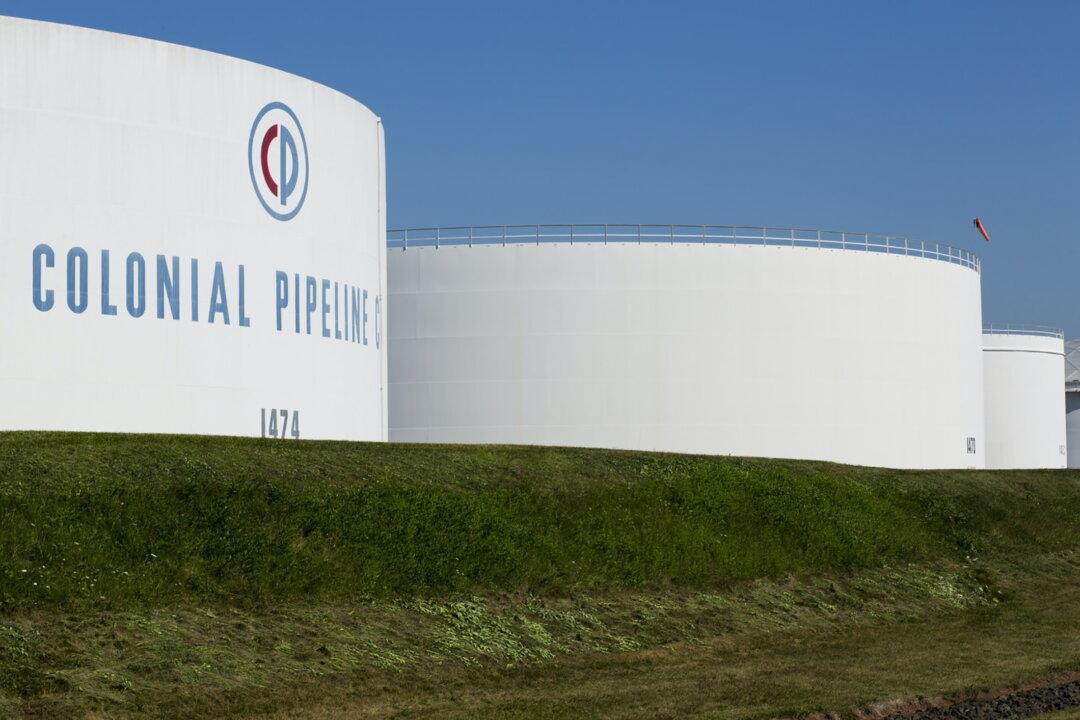The FBI on Monday confirmed that the DarkSide ransomware was used in the hack of the Colonial Pipeline, which prompted the U.S. Department of Transportation on Sunday to declare a state of emergency for 17 states due to potential fuel shortages.
The law enforcement agency said that the DarkSide cybercriminal ring stole a large amount of data before it locked Colonial’s computers with ransomware—considered possibly the most destructive ransomware attack so far.





